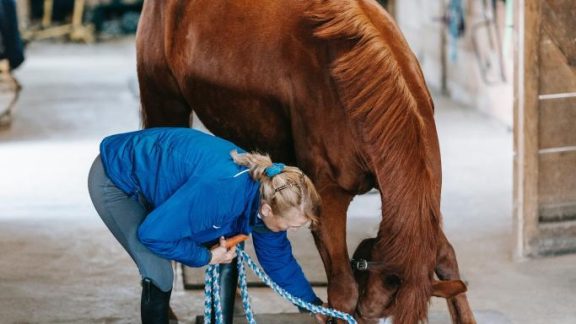Indoor Ski Slope Operator Not to Blame for Woman’s Agonising Fall
Some sports are inherently risky and unfortunate accidents inevitably occur for which no one is to blame. The High Court resoundingly made that point in the case of a woman who was grievously injured when she fell on an indoor ski slope.
The middle-aged woman had not skied for 35 years…
Sep 27, 2021

Some sports are inherently risky and unfortunate accidents inevitably occur for which no one is to blame. The High Court resoundingly made that point in the case of a woman who was grievously injured when she fell on an indoor ski slope.
The middle-aged woman had not skied for 35 years when she attended the ski slope with a view to honing her skills in preparation for a holiday. She was descending the learner slope when she fell, suffering a complex leg fracture. Despite reconstructive surgery she was unable to return to full-time work for a year and the long-term consequences of her injury persist to date.
In rejecting her personal injury claim against the slope’s operator, however, a judge noted that skiing is never risk free and that falls are suffered by skiers of every ability. Her accident was not caused by any defect in the snow surface, nor was the learner slope over-crowded. Although the operator’s record keeping and risk assessment required substantial improvement, it had not exposed her to a foreseeable risk of injury over and above the risk inherent in skiing.
Dismissing her appeal against that outcome, the Court could find no lack of logic or consistency in the judge’s conclusion that the accident arose from her voluntary participation in an enjoyable but risky sport. A nervous skier, she had probably been distracted by an out-of-control snowboarder passing close to her, but such incidents are commonplace on ski slopes.
The Court expressed sympathy for the woman for the terrible pain and longstanding consequences arising from the accident. Her honesty and thoughtfulness as a witness shone through, but she could not succeed in her claim.


Stable Lass Compromised Employment Dispute ‘Under Duress’

Postman Sacked Following Flawed Investigation Wins Unfair Dismissal Claim
